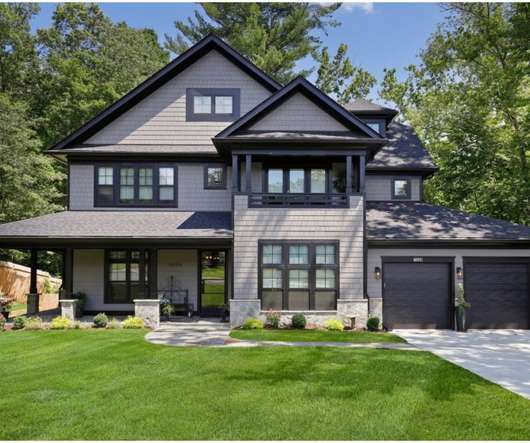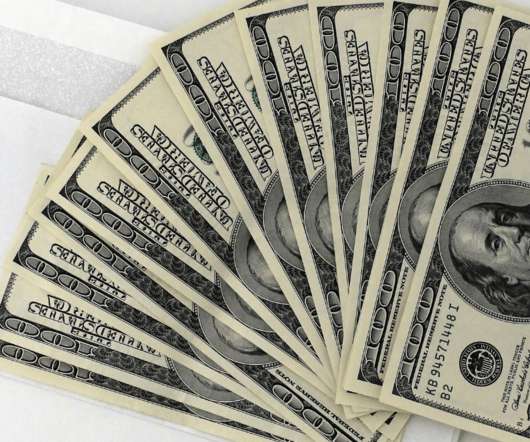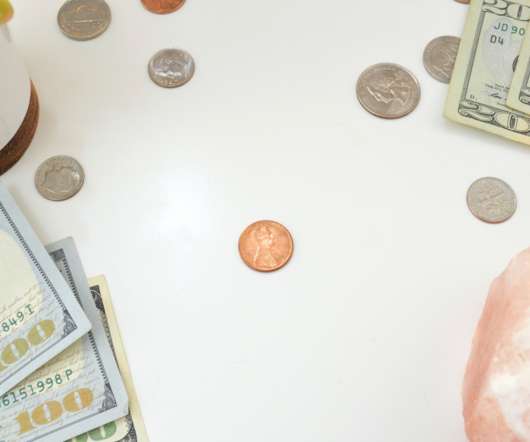What is Earnest Money and Why Do You Need It?
Redfin
MARCH 12, 2021
Where does the earnest money go? . In most cases, your earnest money deposit is paid to the escrow or title company , which holds it in an escrow account until the transaction closes. If you work with a real estate attorney, the deposit may be put into escrow there.























Let's personalize your content